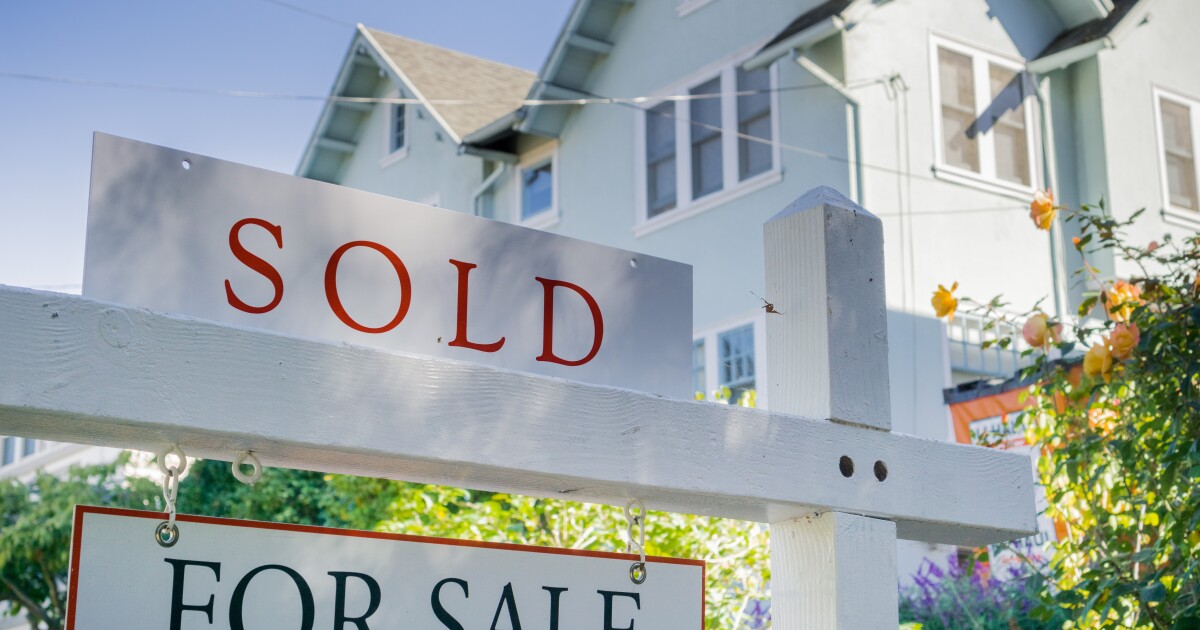
Nearly 8% of homes sold nationwide last year were
These taxes, based on the profits earned after a home sale, could be just one more reason why some current owners are
"I do think for some potential sellers having to pay capital gains taxes is a disincentive to sell, particularly in markets where equity gains are significant and home wealth is their main source of wealth," Selma Hepp, CoreLogic's chief economist, said in an emailed comment.
The Taxpayer Relief Act of 1997 created an exemption for married sellers who jointly file a federal tax return of $500,000 on the sale of their primary residence. If a person files as single, the exemption is just $250,000.
Between 2000 and 2003, after the Act became law, annually just 38,100 home sales, or 1.3% of the total, were above the exemption amount, CoreLogic estimated using gross housing capital gains.
The actual numbers might be lower, because homeowners can deduct eligible costs, along with expenses from taxable gains when they are buying, selling and improving properties, an online posting from Yanling Mayer an economist at CoreLogic said. On the other hand, 12 states have non-disclosure rules that also affected the analysis.
But in 2017, 119,200 or 3.1% of the total sales did not qualify for the exemption. The next two years, 3.3% of sales had gains over the exemption amount.
The first year of the pandemic, 2020, that share grew to 4%, before spiking up to 6.5% in 2021 and 8.1% for 2022.
Last year, 229,000 sales or 7.9% of transactions ended up with gains so high the seller could not claim the exemption when they filed their taxes during the period that just ended on April 15.
"At the state level, long-term homeowners in high-cost areas are expected to carry the lion's share of homes that owe significant capital gains payments," Mayer said. "That is because in dollar terms, high prices equal higher amounts of capital gains if given the same rate of home price growth, not to mention that many high-priced areas are frequently among the fastest-appreciating markets."
This starts with California, where the high priced markets meant that between 2017 and 2023, 37% of all home sales in the state had capital gains above the exemption. During that period, the Golden State was just 10% of residential property sales nationwide.
For California homeowners, "it means owing capital gains taxes upon selling homes has become more common than it was when The Taxpayer Relief Act became effective," Mayer said. "Nearly 30 years later, even modest homes for average-income families in many high-cost markets routinely sell for more than $1 million."
For the fourth quarter of last year alone, California was responsible for 28.8% of the sales with gains above the exemption limit, followed by Hawaii at 23.8% and the District of Columbia at 22.1%; eight additional states were also over that national average in transaction volume.
"With high mortgage rates and housing costs challenging housing affordability for millions of households, owing capital gains taxes can be an unexpected (and unwelcome) surprise for long-term owners who are in the process of selling their home while trying to purchase another," Mayer said.



